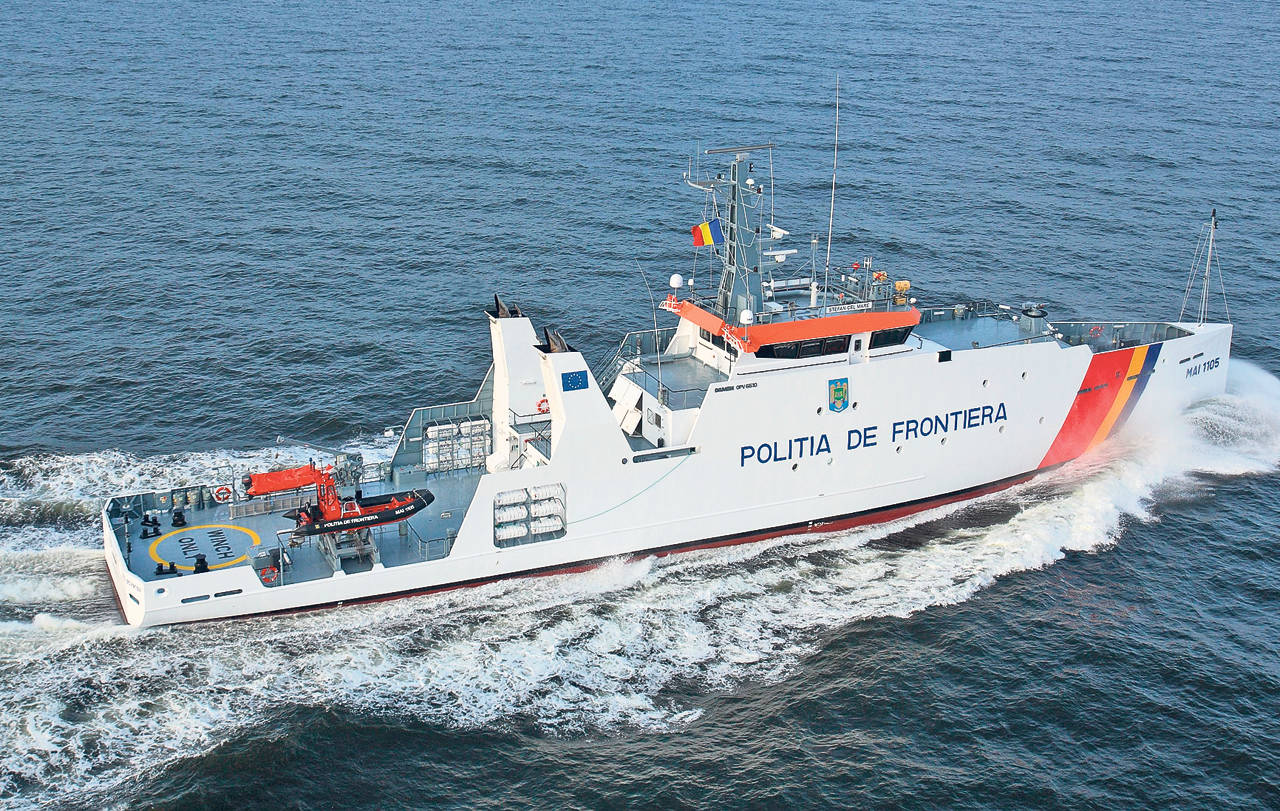In the first 11 months of 2021, approximately 14,600 foreign nationals attempted to cross illegally into Romania, according to a Border Police report obtained by Romanian news outlet, Ziare.
Of those attempted crossings, 8,640 individuals were caught upon trying to enter the country, and another 5,960 were apprehended when they attempted to leave Romanian territory at a later date.
“Most of them acted organized in groups of migrants, with the support of some traffickers,” the police report stated.
People smuggling is well organized, and while many are caught by police, the huge illicit gains means they have plenty of replacements.
“This year, 687 people were found involved in the smuggling of migrants — guides, transporters and facilitators,” according to the Border Police.
“If we refer to their mode of action, over 60 percent of migrants were found acting illegally at the green border, either on the way into the country or on the way out, with the others caught attempting to cross the border covertly or with the use of false documents.”
Recently, on the border with Serbia, there have been several cases in which migrants tried to enter Romania illegally by crossing the Danube river with the help of boats — 512 foreign nationals have knowingly attempted this route.
For an illegal crossing of the Danube, migrants can pay between €1,500 and €2,000 per person for a space on a 10-man boat, although there are often many more occupants than that. Thus, a single illegal transportation of migrants is worth about €20,000 to the people smuggling gangs.
An investigation by Europol involving the Albanian Criminal Police, the Hellenic Police and the Italian Financial Corps, led to the dismantling of a large organized crime group involved in migrant smuggling. The operation was led by the Albanian, Greek and Italian authorities.
On Jan. 19, 28 searches were carried out (15 in Albania, 2 in Greece and 11 in Italy), and subsequently 29 arrests were made (18 in Albania, 1 in Greece and 10 in Italy), Europol reports. .
Criminal networks have primarily used maritime routes to transfer migrants from Turkey, on their way from the eastern Mediterranean, to their final destinations in the European Union or the U.K. Maritime transfers were carried out with the help of pleasure craft, mainly yachts, purchased or rented by the criminal network and commanded by novice sailors intentionally recruited by the network. The suspects used informal money transfer services, such as the hawala system, to receive payments from migrants, with illegal profits estimated at several hundred million euros.





